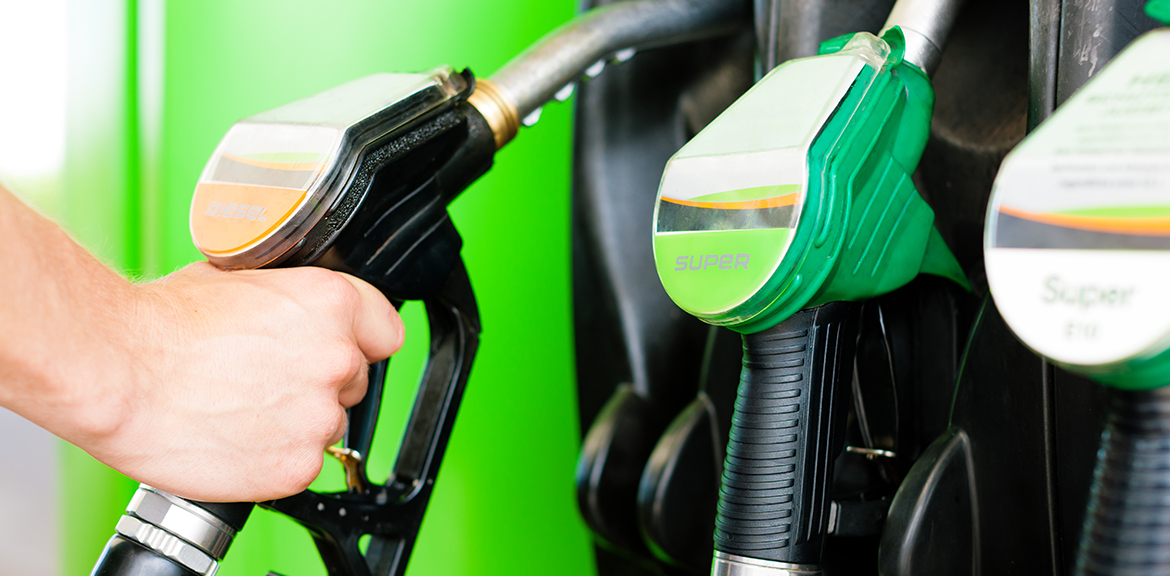
Drivers are you aware of the major fuel change?
Motorists across the UK are unaware of the major change in how we fuel our vehicles which has been introduced, which could put millions of vehicles at risk of engine damage.
New cleaner E10 petrol is being rolled out across petrol station forecourts across the country from this month, with the regular E5 being phased out. The change is great for the environment as the new grade of unleaded produces fewer emissions, however it is estimated that some 600,000 vehicles are unable to run on the new E10.
A study by the RAC UK has found that almost 1 in 4 drivers are unaware of the changes and have not checked to see if their vehicles meets the standards to run the new E10 fuel.
The Department for Transport (DFT) estimates that the cleaner fuel will cut 750,000 tonnes of CO2 a year, the equivalent of 350,000 cars a year.
However, more cars could be removed from the roads if their engines are permanently damaged due to a lack of awareness of the changes according to the RAC.
“E10 petrol has already started appearing on forecourts to replace the old E5 blend, and that process will continue at pace in the coming weeks,” said the RAC head of policy Nicholas Lyes.
“But while the vast majority of drivers of petrol cars aren’t affected, a sizeable minority will be and the only way to be sure is to use the official online checker.
“Those that discover their cars aren’t compatible will unfortunately need to seek out and pay for a hefty premium for E5 super unleaded fuel instead. The cost of doing this could quickly add up for people who need to use their cars regularly.
“Drivers who will continue to rely on E5 will also need to make sure the filling station they’re visiting stocks the fuel in the first place, or risk running out of fuel and having to call on their breakdown provide.
Learn about the benefits of E10 petrol and use our vehicle checker to confirm whether your vehicle is compatible with E10. https://www.gov.uk/guidance/e10-petrol-explained
